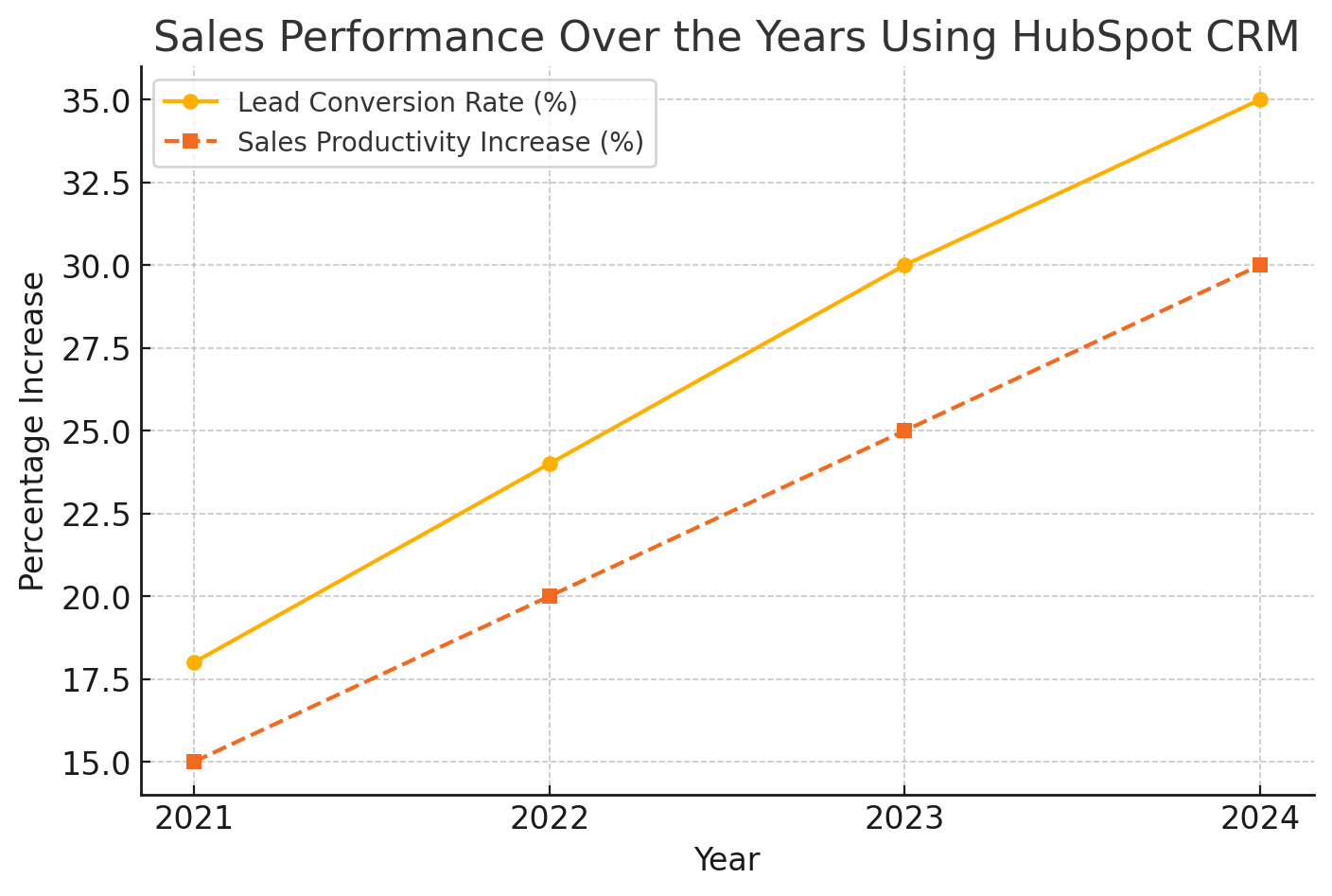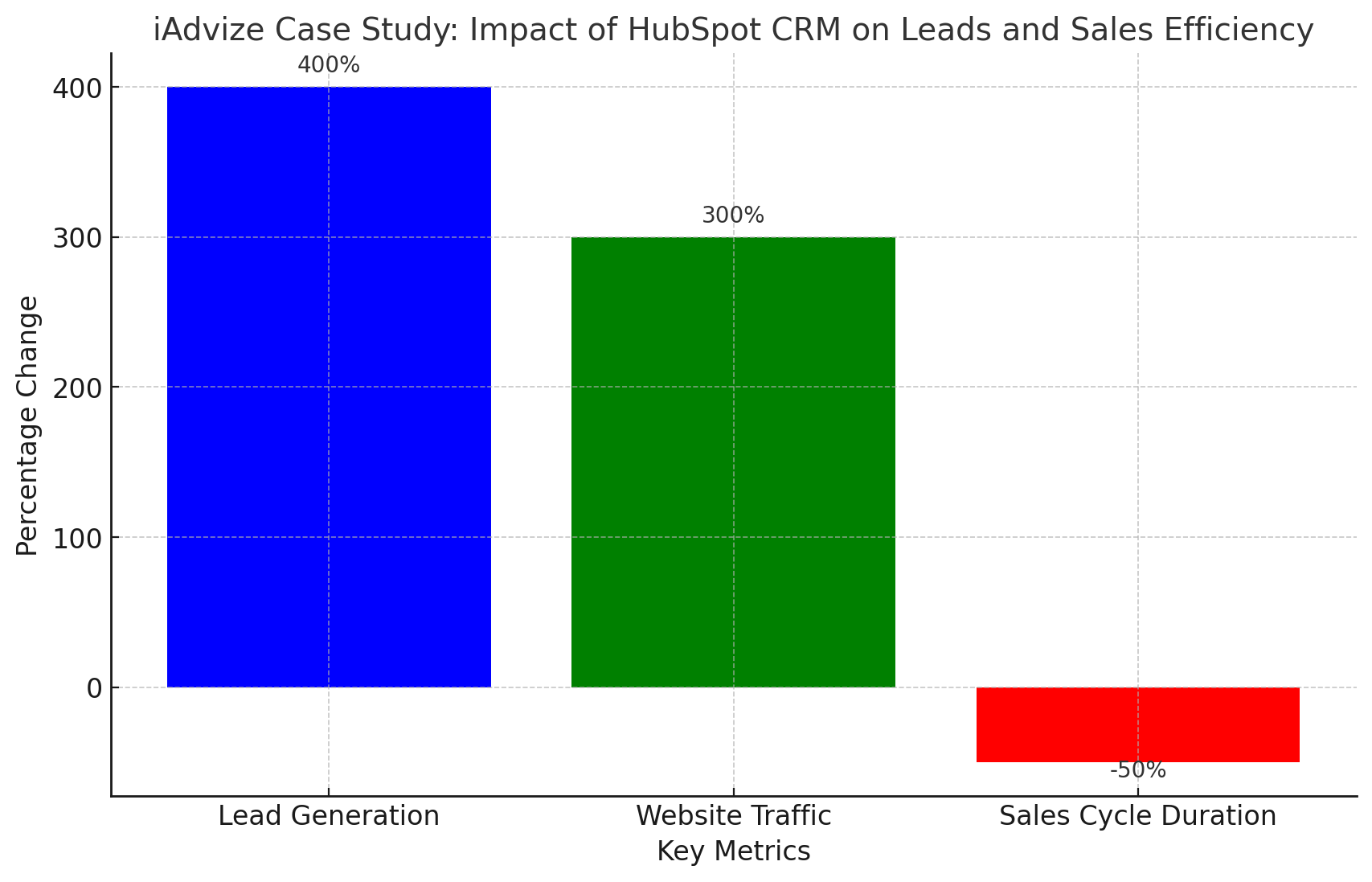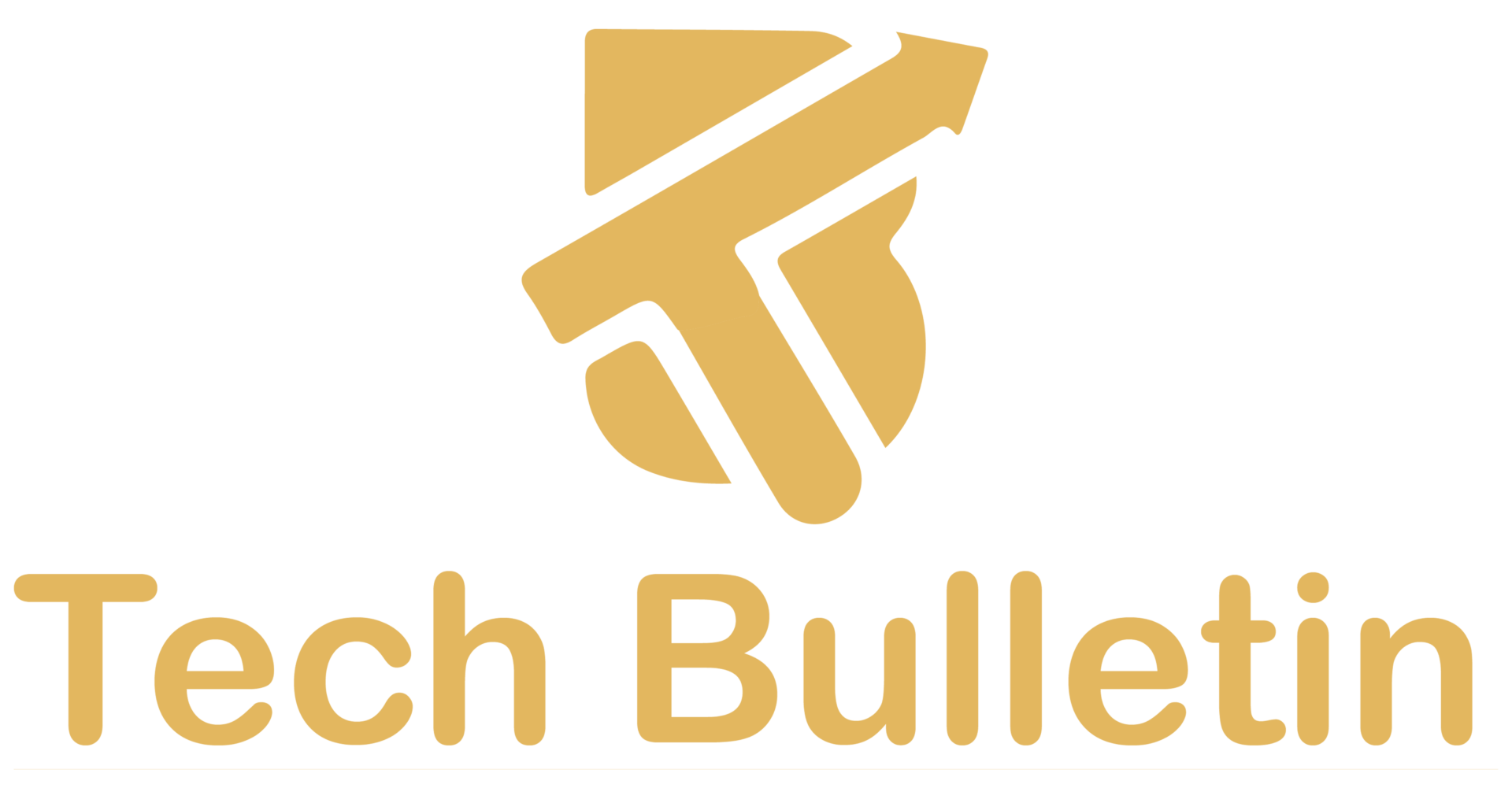Transforming Your Sales Pipeline: 7 Data-Driven Strategies Using HubSpot’s CRM

A streamlined sales pipeline is the backbone of a successful business. With HubSpot CRM, companies can automate processes, enhance customer interactions, and optimize sales strategies. This guide dives into seven data-driven approaches that help businesses maximize their sales potential using HubSpot CRM.
Understanding HubSpot CRM and Its Impact on Sales Pipelines
HubSpot CRM is a cloud-based platform designed to improve sales efficiency. It integrates automation, analytics, and AI-driven insights to create a seamless sales experience. According to recent studies, companies using HubSpot CRM have reported a 25% increase in sales productivity and a 30% improvement in lead conversion rates.
Strategy 1: Automating Lead Management for Higher Efficiency
- Automated lead scoring prioritizes high-quality leads
- Email automation nurtures leads without manual effort
- Chatbots and AI assistants provide instant responses, reducing response time
Businesses utilizing lead automation see a 50% increase in lead engagement within the first three months.
Strategy 2: Personalizing Customer Interactions Using AI Insights
Personalization is key in today’s competitive sales landscape. HubSpot CRM leverages AI-driven recommendations to tailor messaging and content based on user behavior.
- Smart email sequencing adapts based on user interactions
- Dynamic landing pages adjust based on customer data
- AI-driven sales recommendations boost conversion rates
Strategy 3: Optimizing Sales Funnels Through Data Analytics

Using HubSpot CRM’s analytical tools, businesses can identify bottlenecks and improve their sales funnel.
- Funnel stage analysis pinpoints drop-off points
- Performance dashboards provide real-time insights
- A/B testing tools optimize conversion strategies
Strategy 4: Integrating Sales and Marketing for Seamless Collaboration
A unified CRM bridges the gap between sales and marketing, ensuring aligned objectives and messaging.
- Shared customer data prevents redundancy
- Automated workflows trigger marketing campaigns based on sales signals
- Revenue attribution tracking enhances accountability
Strategy 5: Enhancing Customer Retention With Predictive Analysis
Retaining customers is just as crucial as acquiring new ones. HubSpot’s CRM helps businesses anticipate customer needs.
- Customer sentiment analysis detects at-risk accounts
- Automated follow-ups ensure ongoing engagement
- Retention campaign recommendations improve customer loyalty
Strategy 6: Leveraging Multi-Channel Engagement for Higher Conversions
Engaging customers across multiple channels increases brand visibility and conversions.
- Omnichannel messaging integrates email, SMS, and social media
- Lead tracking across platforms enhances engagement strategy
- AI-based outreach suggestions personalize messaging
Strategy 7: Utilizing HubSpot’s Reporting Tools for Continuous Improvement
Continuous improvement relies on actionable insights from data-driven reporting.
- Custom reports and dashboards track sales KPIs
- Pipeline forecasting tools anticipate future trends
- Real-time sales alerts enhance decision-making
Case Study: iAdvize Boosts Leads and Sales Efficiency with HubSpot CRM

iAdvize, a SaaS company specializing in conversational marketing, partnered with HubSpot to enhance its marketing and sales processes. The collaboration led to significant improvements.
- 400% Increase in Lead Generation: The number of leads generated quadrupled, providing the sales team with more opportunities.
- 300% Increase in Website Traffic: Enhanced content strategies and SEO optimization tripled the website’s visitor count.
- 50% Reduction in Sales Cycle Duration: Streamlined processes and better lead nurturing halved the time taken to close deals.
FAQs
1. How does HubSpot CRM improve sales pipeline management?
HubSpot CRM automates lead tracking, enhances customer interactions, and provides real-time sales insights.
2. Can HubSpot CRM integrate with other business tools?
Yes, HubSpot CRM seamlessly integrates with tools like Salesforce, Slack, and Google Workspace.
3. How does AI enhance HubSpot’s CRM capabilities?
AI-driven insights personalize interactions, optimize email sequencing, and enhance predictive analytics.
4. What industries benefit the most from HubSpot CRM?
Industries like SaaS, eCommerce, and professional services see the highest ROI with HubSpot CRM.
5. Is HubSpot CRM suitable for small businesses?
Absolutely! HubSpot CRM offers scalable solutions for businesses of all sizes.
6. How does HubSpot CRM contribute to customer retention?
Automated follow-ups, personalized engagement, and predictive analysis help businesses retain customers.
Conclusion
HubSpot CRM is a game-changer for businesses looking to optimize their sales pipeline. By leveraging automation, AI-driven insights, and multi-channel engagement, companies can drive higher conversions and retain more customers. Implement these strategies today and watch your sales performance soar.






